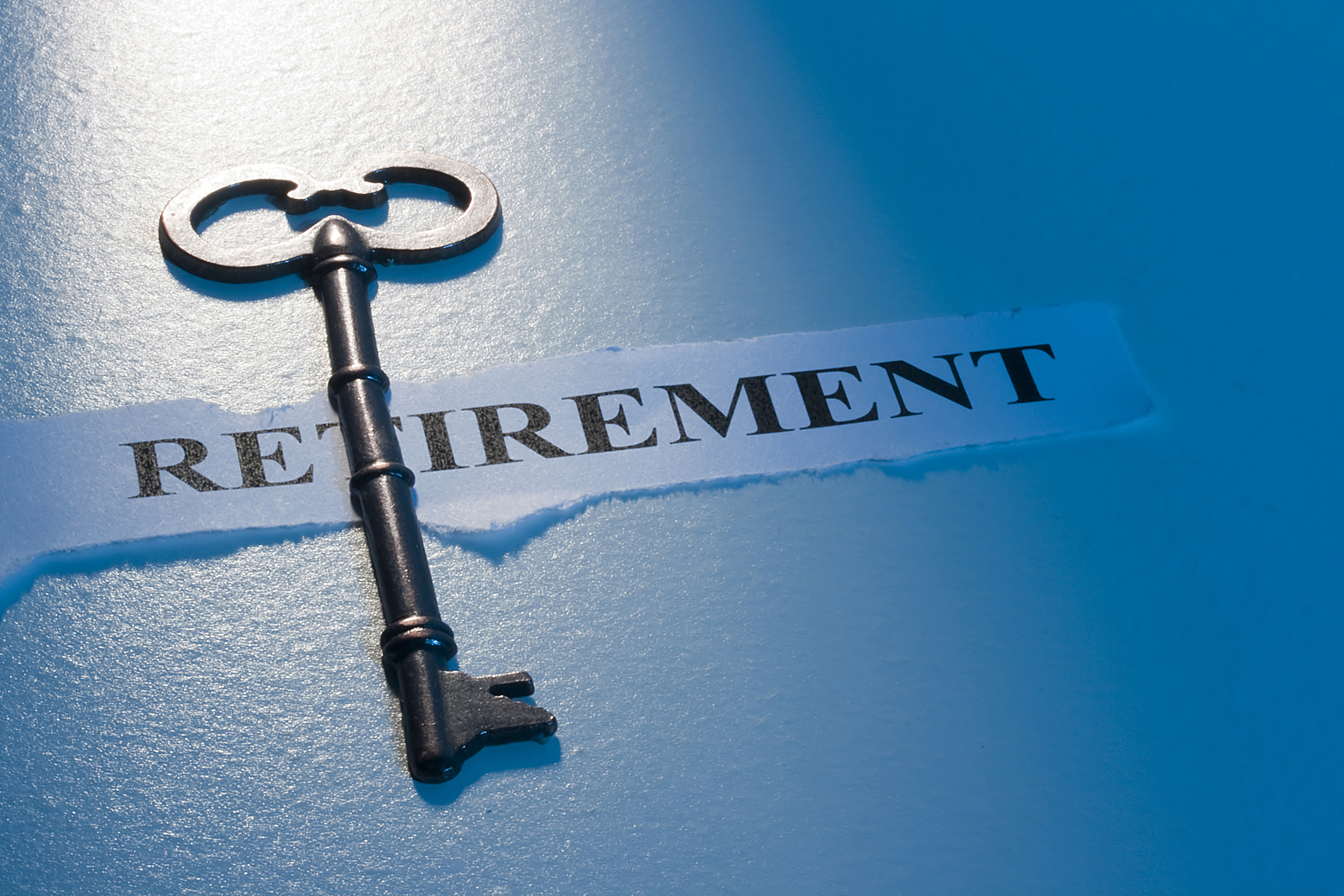Ten Tips to Get You Prepared For A Personal Financial Crisis – Joe Carreno

Learn how to turn a potential financial disaster into a minor setback
The prospect of a big bad event affecting your finances, such as a job loss, sickness, a car accident, or a pandemic, may keep anybody up at night. However, if you’re well prepared, the idea of something costly and out of your control becomes less frightening. Here are ten ways that could help you deal with an economic crisis.
KEY TAKEAWAYS
• Keeping track of your financial health requires having a monthly budget.
• Review your bills to determine whether you’re spending money you don’t have and pay them on time.
• Make paying off your credit card debt a priority, and go for cards with low-interest rates.
• Maintain everything properly, starting from your house to your health, to avoid costly problems in the future.
1. Increase Your Liquid Savings
Cash accounts like savings, checking, and money market accounts, as well as certificates of deposit (CDs) and short-term government investments, will be of the greatest help in a crisis. You should start with these resources since their value doesn’t vary in response to market circumstances, unlike stocks, exchange-traded funds (ETFs), index funds, and other financial instruments in which you may have invested.
That implies that you can withdraw your funds at any moment without suffering a financial loss. Additionally, unlike retirement accounts, you won’t get early withdrawal penalties or incur tax penalties when withdrawing your money, except for CDs, which often require you to forfeit part of the interest you’ve earned if you shut them early.
Invest in stocks or other higher-risk assets only when you have several months’ worth of cash in liquid accounts. How many months’ worth of cash do you need? It’s determined by your financial obligations and your risk tolerance.
If you have a hefty obligation, like a mortgage or ongoing tuition payments for a child, you may want to put up more months’ worth of costs than if you’re single and renting a place. A three-month expenditure cushion is considered the essential minimum. Still, some people prefer to retain six months, or even up to two years, of expenses in liquid savings to protect against a protracted period of unemployment.
2. Create a Budget
If you don’t know how much money comes in and goes out per month, you won’t know how much you need for an emergency fund. And if you don’t have a budget, you have no idea if you’re currently living within your means or overextending yourself. A budget isn’t a parent; it cannot and won’t force you to change your conduct; nevertheless, it’s a valuable tool that may help you determine whether you’re satisfied with where your money is going and where you are financially.
3. Get Ready to Reduce Your Monthly Bills
You may not have to do it right away, but be prepared to start cutting out everything that isn’t absolutely necessary. If you can reduce your recurring monthly costs as much as possible, you’ll have less trouble paying your bills when money is tight.
Start by reviewing your budget to see where you may be spending more money than necessary. Do you, for example, pay a monthly charge for your checking account? Look into how to switch to a bank that provides free checking. Do you spend $40 a month for a landline that you barely use? Learn how to cancel it or change to a lower-cost emergency-only plan. You may discover strategies to decrease your expenses right away to save money.
Perhaps you have a tendency of keeping the heater or air conditioner on while you’re not home or of leaving lights on in rooms you aren’t using. You might be able to reduce your electricity expenses. It may also be an excellent time to search around for reduced insurance rates and see if you may cancel certain forms of insurance, like car insurance, in the event of an emergency. Certain insurance companies may grant you an extension, so research the procedures and be prepared.
4. Keep a close eye on your bills.
There’s no reason to squander money on late fees or finance charges, yet this is something that many families do. During a job loss situation, you should be especially diligent in this area. Simply being organized can help you save a lot of money on your monthly bills. Over the course of a year, one late credit card payment may cost you $300. It may even result in the cancellation of your card at a moment when you need it as a last option.
Set up time twice a month to go through all of your accounts so that you don’t miss any deadlines. Schedule electronic payments or postal checks so that your payments arrive a few days before they are due. This way, even if there’s a delay, your money will most likely arrive on time. If you’re having difficulties keeping track of all your accounts, make a list. When your list is done, you can use it to ensure that you are on top of your accounts and determine if any can be combined or closed.
Non-cash assets, like frequent flyer miles, credit card rewards points, and gift cards, shouldn’t be overlooked.
5. Assess and maximize the value of your non-cash assets
Being prepared may include considering all of your choices. Do you have frequent flier points that you could use if you need to travel? Do you have any excess food in your home that you can use to plan meals around to reduce your grocery bill? Do you have any gift cards that you can use for entertainment or sell for cash? Do you have credit card points that can be converted to gift cards? All of these assets can help you reduce your monthly costs, but only if you know what you have and how to use it. Knowing what you have might also help you avoid purchasing stuff you don’t need.
6. Pay Off Your Credit Card Debts
If you have credit card debt, the interest rates you pay each month are likely to consume a sizable amount of your monthly budget. If you make it a priority to pay off your credit card debt, you’ll lower your monthly financial obligations and place yourself in a better position to start saving. By eliminating interest payments, you may set your money toward more important things.
7. Find a Better Credit Card Deal
If you’re already carrying a balance, moving your amount to another card with a lower interest rate may be beneficial. Paying less interest allows you to pay off your overall debt more quickly and/or acquire some breathing room in your monthly budget. Just be sure that the savings from the reduced interest rate outweigh the balance transfer fee. If you’re transferring your balance to another card with a low introductory annual percentage rate (APR), try to pay off your debt during the intro period before your rate increases.
It’s also worthwhile to ask whether your current credit card provider will lower your monthly interest rate. Companies will sometimes do this to keep you as a client; it’s less expensive for them to keep an existing client than it is to acquire a new one.
There are always ways to make additional money, whether by selling unneeded items, freelancing in your spare time, or even having a second job.
8. Look for ways to make more money.
Everyone may earn additional money by selling items they no longer use (online or at a yard sale), babysitting, pursuing credit card and bank account opening bonuses, freelancing, or finding a second job. The money you earn from these activities might appear little compared to what you earn from your primary employment, but even small sums might build up to something big over time. Furthermore, many of these hobbies have fringe benefits: you may wind up with a less cluttered home or realize that you like your side job enough to make it your full-time job.
9. Check Your Insurance Coverage
In step three, we suggested that you look around for reduced insurance premiums. If you have too much insurance or could receive the same coverage at a lesser price from another carrier, these are apparent improvements you may make to decrease your monthly expenses.
On the other hand, having great insurance coverage can prevent one catastrophe from stacking on top of another. It’s also critical to ensure that you get the coverage you require rather than simply the bare minimum. That applies to both existing plans and ones that you may need to purchase. If you suffer a severe sickness or accident that keeps you from working, a disability insurance policy may be invaluable, and an umbrella policy can offer coverage where your other plans fall short.
10. Maintain Routine Maintenance
If you keep the parts of your car, house, and physical health in good condition, you can detect issues early and avoid costly repairs and medical expenses later. It’s less expensive to fill a cavity than to have a root canal, simpler to repair a few pieces of wood than to have your house tented for termites, and better to eat healthily and exercise than to need expensive treatments for diabetes or heart disease. You may believe you don’t have the time or money to deal with these issues on a regular basis, but ignoring them can lead to far more significant disruptions in your time and budget.
The Bottom Line
Life is unpredictable, but if there’s anything you can do to avoid disaster, it’s to be prepared and cautious. With proper planning, you may turn a potential financial disaster into a minor setback.







